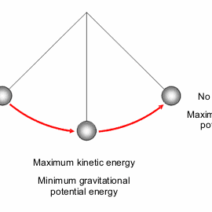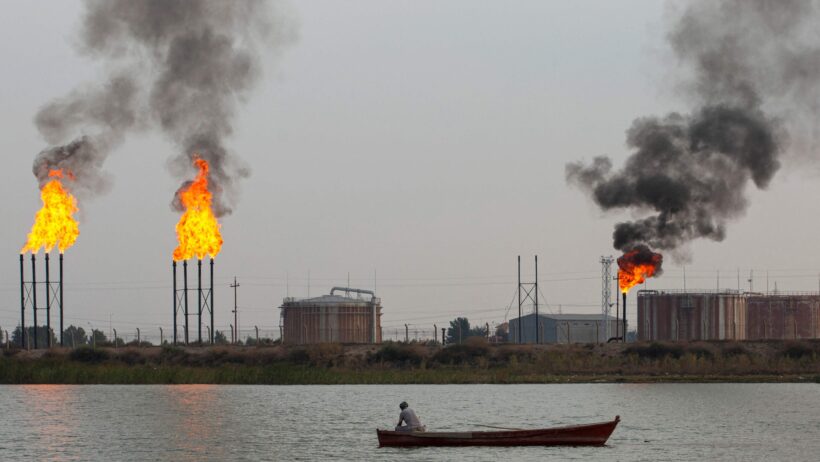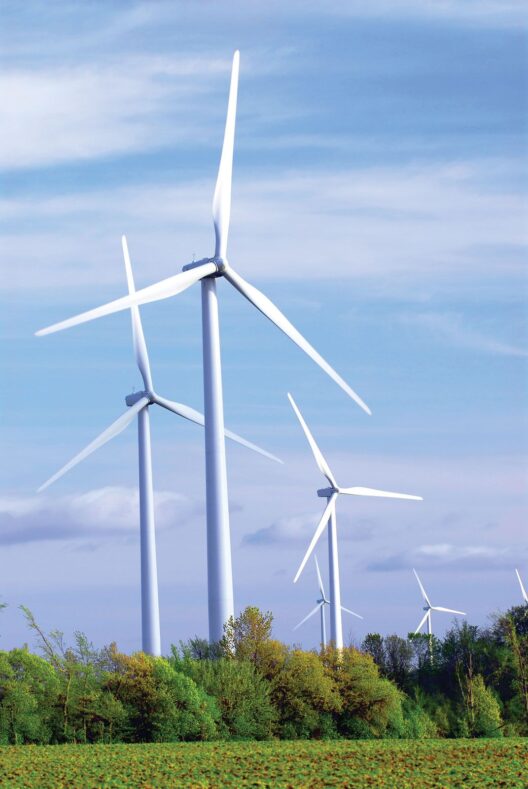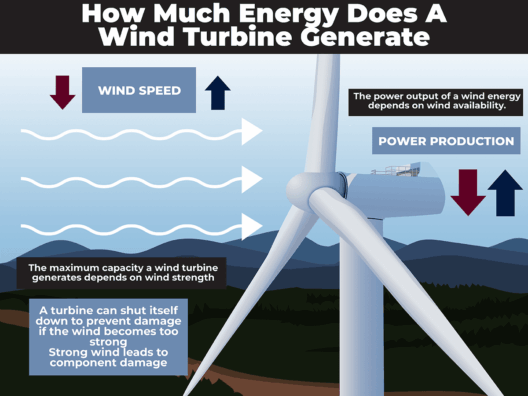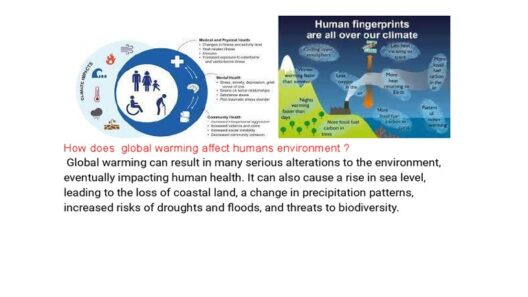Is It Too Late to Stop Climate Change?
In the grand tapestry of Earth’s biosphere, climate change epitomizes not just a contemporary dilemma but a portentous epoch that beckons collective introspection and action. The inquiry of whether it is too late to halt climate change is vexatious and nuanced, echoing through scientific halls and activism corridors alike. With each passing year, the Intergovernmental Panel on Climate Change (IPCC) offers urgent alerts, insisting that our time to mitigate the burgeoning climate crisis is dwindling. Yet, as time ticks ominously away, several perspectives illuminate the evolving narrative surrounding this existential threat.
The perception that we have already crossed some critical thresholds is a damning sentiment, instilling a sense of despair. Indeed, many scientific models show that certain environmental effects—such as the melting of polar ice sheets and the acidification of oceans—are already set in motion, and their ramifications will unfold over decades. However, the discourse must balance the recognition of these grim realities with an exploration of potential pathways toward stabilization.
What becomes palpably clear, as we delve into this complex subject, is that the possibility of reversing some negative impacts remains alive. It might be akin to navigating a labyrinthine passage, where every turn reveals both challenges and opportunities, underscoring the urgency of tailored actions across all sectors of society.
The Current State: An Unfriendly Wake-Up Call
Recent decades have unveiled an unparalleled acceleration in climatic irregularities—catastrophic wildfires, unprecedented hurricanes, and rising sea levels are not mere statistical data points; they resonate with human experience and ecological frailty. The scientific community warns that if global temperatures surpass critical thresholds, such as the widely discussed 1.5 Celsius increase, the repercussions will roll back decades of development gains. The very fabric of ecosystems, from glaciers to coral reefs, hangs in an increasingly precarious balance.
Projected scenarios vary, but they invariably paint a picture of societal upheaval if present trajectories persist unchecked. The confluence of human activity and natural cycles, compounded by the relentless march of industrialization, has engendered conditions that not merely disrupt meteorological norms but threaten our survival. Notably, biodiversity loss accompanies these climatic shifts, marking a downtrodden path for countless species seeking refuge from altered habitats.
Contrary to the pessimistic inclinations that sometimes pervade discussions, narratives woven around innovation and adaptation offer beacons of hope. Technological advancements in renewable energy, carbon capture, and sustainable agriculture demonstrate the human capacity for ingenuity in the face of existential crisis.
The Promise of Innovation: A Green Renaissance
Can a technological renaissance mitigate the deleterious effects of climate change? The answer, although complex, resonates with optimism. The movement toward renewable energy sources, such as solar and wind, has gained effervescence, with numerous countries investing heavily in clean energy infrastructures. Solar panels adorn rooftops, wind turbines transform landscapes, and innovations in battery storage promise a revolution in energy consumption patterns.
Moreover, the implementation of carbon offset programs and reforestation initiatives serves as testament to humanity’s capacity for restorative action. These collective strategies, grounded in the principles of sustainability and responsibility, are not absent of challenges. Policy frameworks often lag behind technological advancements, and vested interests may resist transitions. Yet, grassroots movements, bolstered by the urgency of climate discourse, are stirring a responsive zeitgeist among populations globally.
Whilst the specter of climate change looms large, the path forward is not solely paved by scientific and technological solutions. Societal engagement—through education, advocacy, and concerted activism—also plays a catalytic role. The narrative surrounding climate change must embed itself within cultural consciousness, advancing toward a collective ethos rooted in environmental stewardship.
Action at the Individual Level: The Ripple Effect of Small Changes
Each of us resonates with the broader environmental symphony, composed of individual notes that, when harmonized, create a powerful crescendo for climate action. Whether it’s reducing personal waste, opting for sustainable transport, or advocating for climate-conscious policies, individuals wield extraordinary potential to instigate change.
Moreover, voter engagement and informed decision-making can catalyze systemic change at the municipal, regional, and national levels. By voicing concerns and aligning with organizations committed to combating climate change, citizens can hold those in power accountable. Behavioral shifts towards more sustainable practices, imbued with a sense of urgency, may echo across communities, shaping the parameters of consumerism and industry alike.
Unarguably, the complexity of climate change is equally matched by the multifaceted nature of solutions. Yes, certain ecological systems have been irrevocably altered, but the narrative does not solely hinge on despair. Communities can emerge resilient, adaptive, and reimagined in the wake of climate change; this potential is the salve to an otherwise wretched outlook.
The Future: Possibility, Resilience, and Hope
Is it too late to stop climate change? The answer dwells not in absolutes but in a spectrum of potentials, each contingent on our collective willingness to act, innovate, and adapt. The future is unwritten, and while the imperative to act grows more pressing by the day, solutions abound. Our ability to galvanize creativity, compassion, and courage in this endeavor remains our greatest asset.
Engaging in the ongoing discourse, fostering sustainable practices, and bolstering initiatives towards mitigation and adaptation can lead not just to resilience, but a redefined relationship with our planet. It is the interplay of despair and hope that paves a pathway forward—not merely as individuals but as communities, nations, and a global confluence of life committed to nurturing our shared environment for generations to come.

